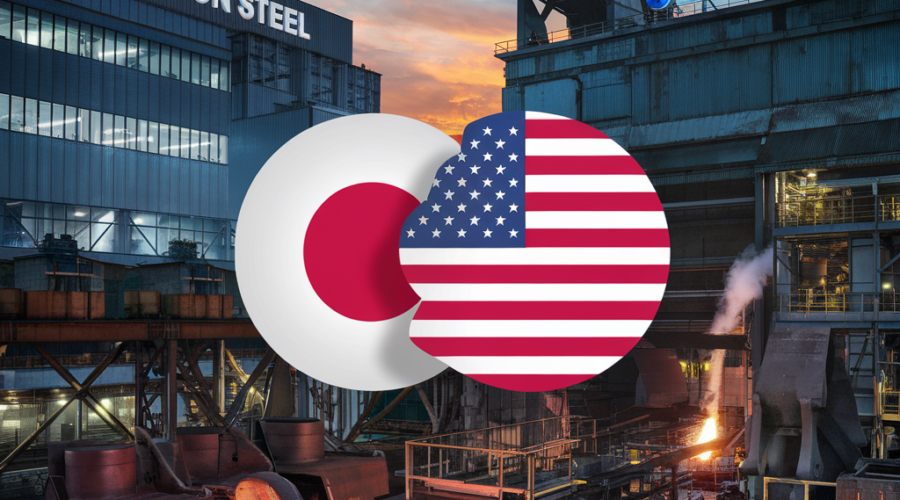- Strategic Acquisition: Nippon Steel’s proposed $14.9 billion acquisition of US Steel aims to enhance global competitiveness and strengthen economic ties between the US and Japan.
- National Security Concerns: However, US President Biden blocked the deal citing national security risks, prompting Japan’s PM Ishiba to urge Biden to address business community concerns.
- Expansion and Integration: The merger would expand Nippon Steel’s global crude steel capacity to 100 million metric tons, integrating US Steel’s operations and honoring existing contracts.
- Historical Context: Major steel mergers like ArcelorMittal and past US-Japan trade disputes underscore the significance of this deal in shaping the global steel market.
- Market Impact: Analysts predict the acquisition could significantly impact competition, pricing, and Nippon Steel’s position as the world’s third-largest steelmaker, though job losses are a concern.
- Investment Commitments: Nippon Steel pledged $2.7 billion in investments, including $1 billion for Mon Valley Works and $300 million for Gary Works, if the deal proceeds.
- Regulatory Scrutiny: The Committee on Foreign Investment in the United States (CFIUS) reviews foreign acquisitions for national security risks, reflecting historical caution over job security.
- Geopolitical Dynamics: The deal aligns with US-Japan efforts to counterbalance Chinese influence in the global steel market amid anti-dumping claims against Chinese steel.
- Supply Chain Implications: The merger’s outcome could reshape global steel supply chains, market dynamics, and pricing structures, potentially influencing policy changes in the industry.
- Future Outlook: As the situation unfolds, CEOs and industry leaders must closely monitor market reactions, regulatory responses, and the deal’s long-term implications for the steel industry and global trade.
Japan PM Seeks Biden’s Assurance on Blocked Nippon-US Steel Merger





